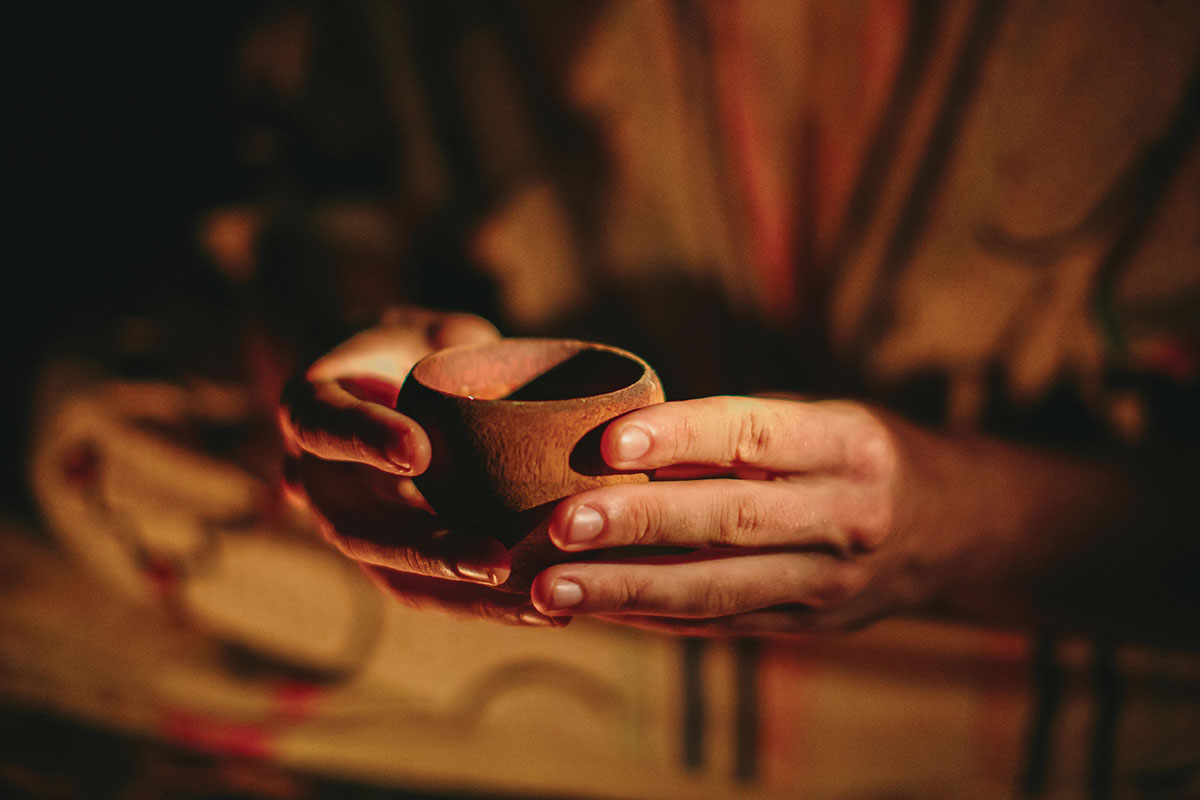Sean,* a 61-year-old Montreal obstetrician, had everything he ever wanted: a happy marriage, a high-profile career and enough money to buy a small sheep farm in the Quebec countryside where he plans to spend his retirement producing artisanal cheese. Still, the Peggy Lee tune that plagues angst-ridden baby boomers the world over looped around in his head: Is that all there is?
In search of an answer, he flew to Mexico last November for a 10-day US$2,500 retreat, led by Vancouver physician and addictions specialist Dr. Gabor Maté. There, he ingested ayahuasca, a powerful psychedelic brew made from indigenous plants that’s been used as a sacrament for centuries in Amazonian healing ceremonies. Fuelling a tourist industry with a value estimated in the millions, ayahuasca is now sought by thousands of North Americans, from footloose millennials to midlife bankers, seeking relief from depression, addiction and the ails of modern life. Celebrities love the trippy tea, too: musician Sting claims it gave him his single most powerful religious experience. Actor Lindsay Lohan says it keeps her sober. American TV host Chelsea Handler puked into a bowl on camera after taking ayahuasca at a retreat in Peru.
Maté calls ayahuasca an “antidote to western psychological distress and cultural alienation” and says it connects people to their spiritual nature. He used the illegal substance to treat addicts in Canada for two years before the government threatened to revoke his licence in 2011. Now he offers it at Mexican retreats twice a year and says it’s the “most exciting” work of his career. “Properly used, it opens up parts of yourself that you usually have no access to.”
You don’t have to fly to the Amazon to get it: a network of underground ceremonies are offered right here in Canada. Tabitha* runs one at an Ontario farm, charging groups of 15 participants $250 each for dusk-till-dawn sleepovers. Ayahuasca offers such profound insights, she says, that she’s seen marriages saved, parents forgiven, anxiety lessened and passions pursued. One of her clients gave up his job as a banker to become an acupuncturist after a ceremony.
Clinical research shows ayahuasca can alleviate depression and reduce drug dependence, but it’s not without its dangers. Two years ago, a Winnipeg man killed his British friend who attacked him during an ayahuasca-induced hallucination in Peru. There have been reports of sexual abuse and negligence by unscrupulous shamans. Some argue its use by non-Indigenous people is a form of cultural appropriation.
Maté insists it’s safe. “It isn’t possible to take enough ayahuasca to kill you.” Antidepressants, he says, are far more dangerous.
It’s easy to find people who say ayahuasca transformed their lives. Toronto TV actor Dan Fox, 35, says it helped him make amends with his alcoholic father. “Taking ayahuasca over five hours was equal to five years of psychotherapy.” Rochelle Martin, a 44-year-old nurse in Hamilton, says it helped break her addiction to busyness and perfectionism. “I was someone who never sat on the couch. Now I can enjoy just doing nothing.”
For Sean, taking the cosmic concoction was a spiritual quest. After experiencing kaleidoscopic hallucinations that included fireworks, flowers with exploding tendrils and a sense that his heart was “a puddle of molten gold,” he came to the realization that the world is a beneficent place. “I could see love everywhere. . . . I think that’s what people call God,” says Sean. “The plant gave me a glimpse that there is more meaning to the universe than I had comprehended before.”
This story originally appeared in the September 2017 issue of The Observer as part of the monthly column “Spiritual but Secular.”















